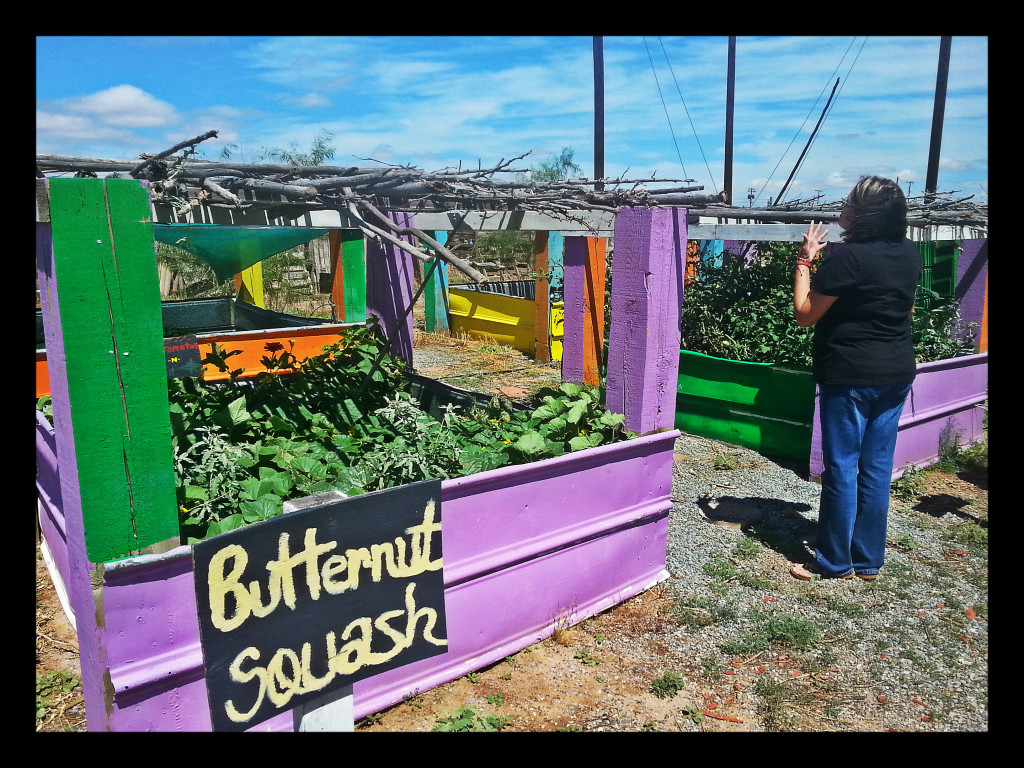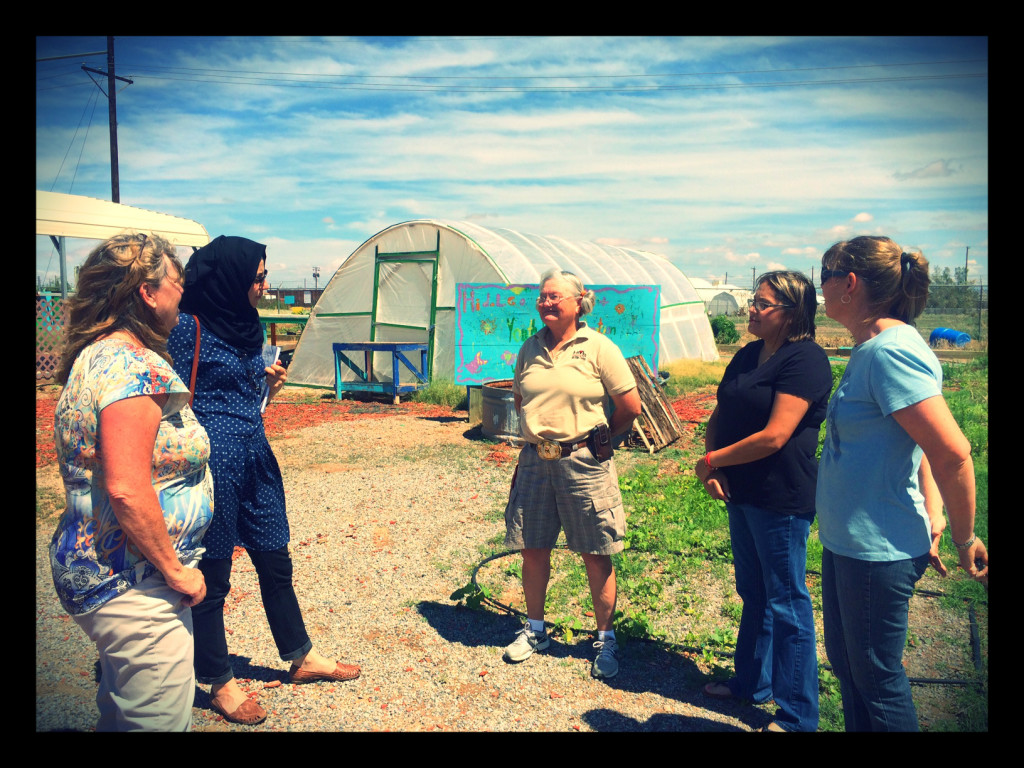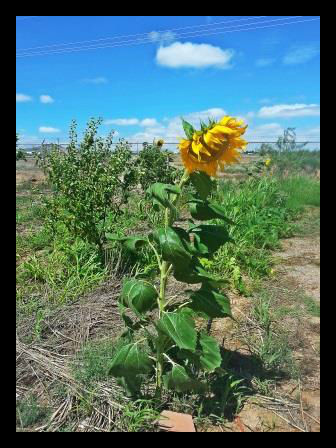On a recent trip to southern New Mexico, NewMexicoWomen.Org (NMW.O) met with Alicia Rascon, co-founder of Latinitas, an organization by and for Latinas, dedicated to the empowerment and advancement of Latina youth through media, art, culture and technology. Alicia co-founded Latinitas in college. While studying media, she became aware that only 1% of news stories were about Latinas. “We can’t be what we can’t see,” she realized. Similarly, we collectively in our communities cannot become what we cannot envision. As a program committed to advancing opportunities for women and girls statewide, it is our responsibility to highlight the stories and successes of our communities so women and girls across the state can imagine healthy and thriving futures for themselves.
At times, that can be challenging to do. For example, last month the 2015 KIDS COUNT Data Book results were released with New Mexico remaining at 49th place in terms of overall child well-being. In the weeks following the publication, NMW.O posted an analysis piece about it on our Facebook page, and someone commented that, “…academia needs a shift in perspective.” Academia does tend to focus on the deficits and failures of New Mexico. However, a perspective shift does not change the reality that child poverty levels have increased since last year, and now nearly one-third of children in New Mexico live in poverty. The implications of this in terms of nutrition, neurological development, academic achievement and future opportunities are profound. Working to change these realities is one reason those of us at NMW.O come to work everyday. Part of our work includes traveling around the state engaging in Community Conversations. We open these dialogues with the question, “What are the strengths of women and girls in your community?” In this way, we take an assets-based approach to these conversations. We often hear this same desire for a shift in the narrative towards discourse that is positive, highlighting what is generative and thriving in New Mexico’s communities.
To that end, on our recent trip to southern New Mexico, we spent a couple of days visiting three organizations dedicated to social change, each founded and run by women. First we met with Latinitas which, as mentioned, provides programming for Latina girls including transformative camps like Tech Chica, which teach girls how to code html, build websites, program robots and learn graphic design.
Later we met with Sarah Nolan, the founder and Executive Director of Comunidades en Acción y de Fé (CAFé), and Sarah Melton, one of CAFé’s Community Organizers. CAFé is a multi-faith, multi-cultural group that trains and builds capacity of low and moderate-income families to help shape public policies aimed at improving people’s quality of life in New Mexico. Last year they successfully worked in partnership with various communities of faith and community groups in Las Cruces to raise the minimum wage, fulfilling the core ethos of their civic engagement model—that people and their communities are at the center of their own liberation!
That evening, we drove south through towering pecan orchards and chile fields to have dinner at Chope’s in La Mesa. We shared a meal with Carli Romero from Shakti Rising, an organization dedicated to creating social change by empowering women, girls and communities through trainings and workshops. Her friend, who is an organizer for the American Civil Liberties Union (ACLU), described her work with women and children detained in Artesia. She shared her struggles to support women escaping from poverty and violence, undergoing journeys marked by various forms of assault only to be detained and potentially deported. She also described how Shakti Rising’s training had helped her stay mentally and spiritually present in her work. The community fabric was palpable. We were surrounded on all sides of the table with people committed to improving their communities in diverse ways—a massage therapist, social worker, professor of chemical engineering and professor of bio-chemistry, the latter two both engaged in cancer research.
The next day, we drove east on I-10 to Lordsburg, where we met with SPIRIT of Hidalgo, a community partner who has created a women’s cooperative and farmer’s market where women can sell their produce and goods. Christy Ortiz founded SPIRIT of Hidalgo to develop economic opportunities for women in Hidalgo County. Seemingly indefatigable, Christy also serves as the director of The Wellness Coalition in Silver City. She is always thinking of potential collaborations and opportunities that could strengthen her community. She introduced us to the Farmer’s Market Co-managers Rosalia Gonzalez and Colleen Miller. Rosalia, known as “Chalia,” raises pigs, chickens, goats and rabbits, and sells plump cucumbers, squash, hot chile peppers, and her own apple butter and pumpkin bread at the market. Colleen bakes and sells fresh bread made with wheat she grinds herself. The Farmers Market now accepts SNAP and WIC – supporting the women vendors with additional sales and providing more low-income women with access to healthy food. The women showed us their building, the community garden that SPIRIT has developed, and the site of their future community kitchen. Then they fed us farm fresh calabacitas, beans, tortillas, blueberry cobbler and pumpkin bread, all handmade by members of the co-op. We said goodbye with happy stomachs, bags full of produce and hearts touched by stories of women contributing to the health and wellness of their community.
Driving north, we reflected upon the previous night’s conversation, when the ACLU organizer had described a vigil she organized for a teenage boy shot by U.S. Border Patrol in Juarez. His family had no recourse to justice, given that he was not on U.S. soil. There was little else she could do to support them beyond a candlelit solidarity vigil along the El Paso–Juarez border. She trailed off into silence. Looking around the faces at the table, and changing the subject quickly, she said, “On a lighter note…” and began to describe a more uplifting project. However, there is no lighter note for that teenager and his family whose lives are forever altered. There was no lighter note when Chalia in Lordsburg told us of how the ubiquitous Family Dollar and Dollar Tree stores were causing her family-owned store to lose business. Given what we learned from the KIDS COUNT Data Book, there is also no lighter note for the third of New Mexican children living in poverty. These realities are hard to comprehend and difficult to think about.
However, there is no single story for New Mexico. Each of the inspiring meetings and visits was interspersed with stories of victory, struggle, hope and loss. New Mexico is not one, or even the sum, of our statistics. Our struggles as a state also belie small triumphs, big victories and slow changes. Beyond statistics, our stories deserve to be shared and deserve to be heard.
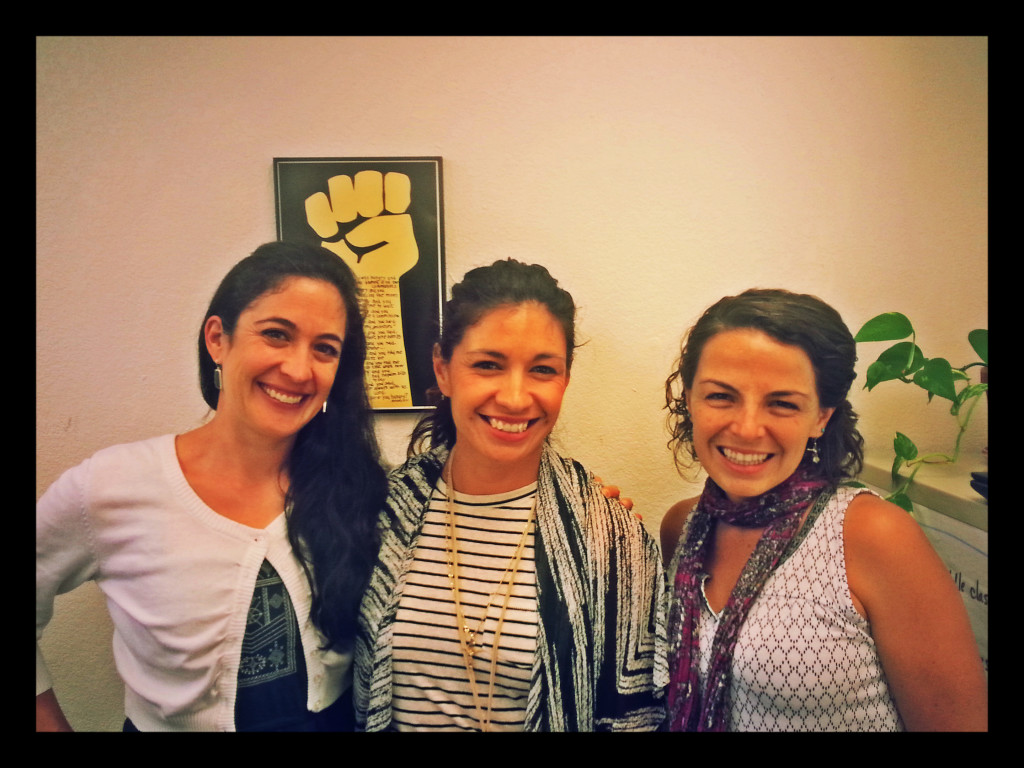
- (L-R) Renee Villarreal, NMCF Director of Programs and Community Outreach, Sarah Nolan, Founder and Executive Director of CAFé, and Sarah Melton, CAFé’s Community Organizer
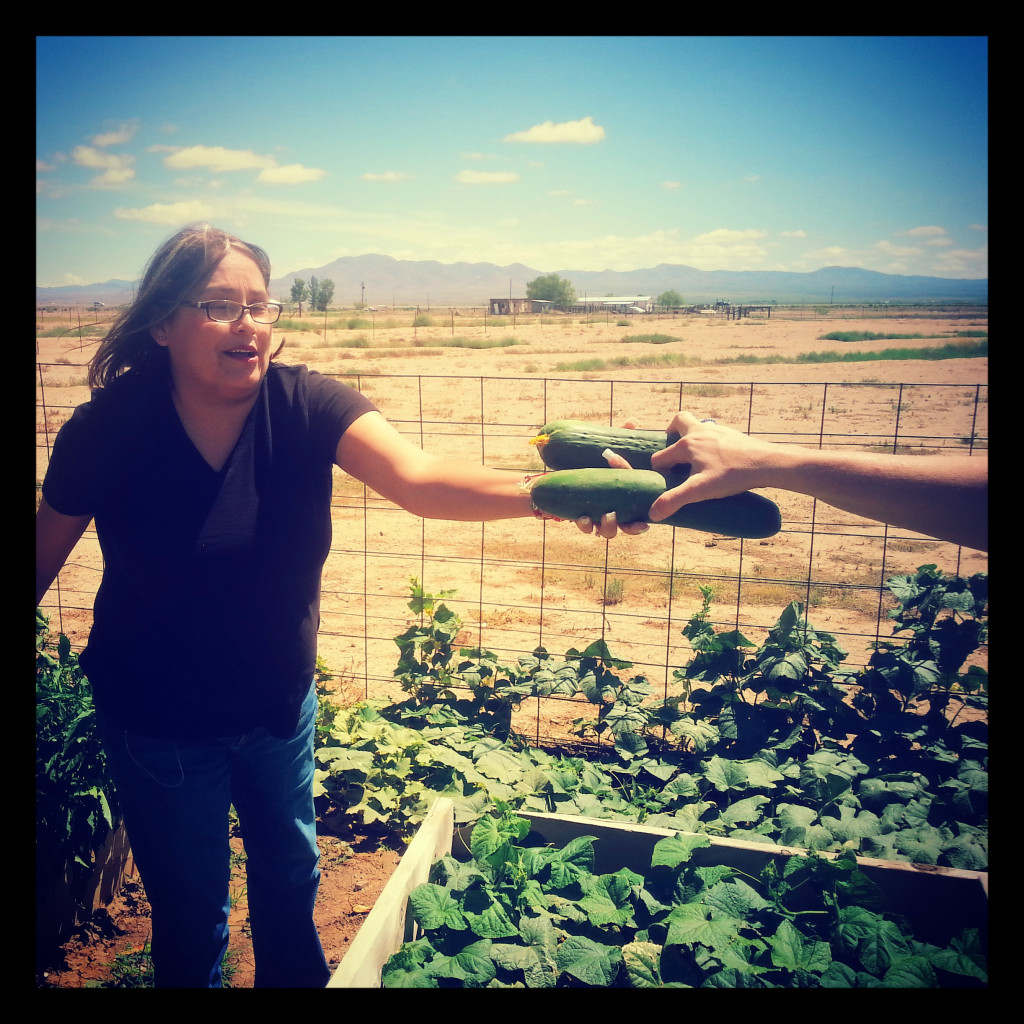
- Swapping cucumbers with SPIRIT of Hidalgo Farmer’s Market Co-Manager and Vendor Rosalia “Chalia” Gonzalez
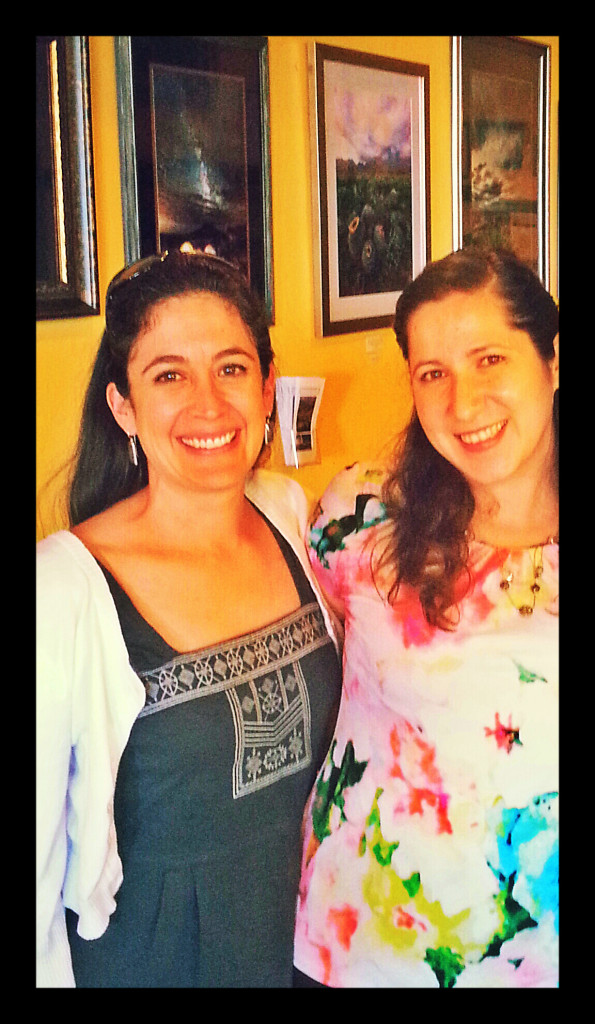
- (L-R) Renee Villarreal, NMCF Director of Programs and Community Outreach, and Alicia Rascon, Founder and Executive Director of Latinitas

